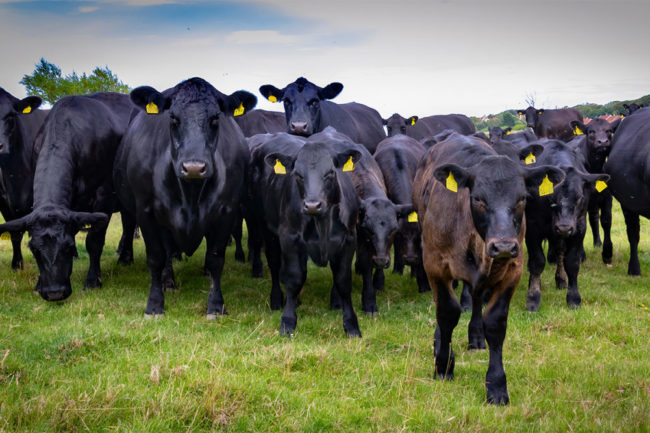WASHINGTON — An adult beef cow at an unidentified slaughtering plant in South Carolina tested positive for atypical bovine spongiform encephalopathy (BSE), the US Department of Agriculture announced.
BSE is a neurologic disease that arises in cattle rarely and spontaneously, generally affecting older cattle. Since the first positive detection in the United States in 2003, only seven cases of BSE have been reported, including this new incident.
USDA’s Animal and Plant Health Inspection Service (APHIS) performed a routine surveillance of cattle when the animal in question was found positive for atypical L-type BSE. The agency discovered the cow’s radio frequency identification tag was associated with a herd in Tennessee. An investigation involving APHIS and veterinary officials in South Carolina and Tennessee is ongoing.
Given that the cow never entered the food supply chain, the USDA said it does not present a risk to human health.
The World Organization for Animal Health (WOAH) recognizes the United States as negligible risk for BSE, so trade will not likely be impacted by the disease, the USDA noted. Atypical BSE cases do not impact risk status due to the spontaneous, rare nature of the disease.


